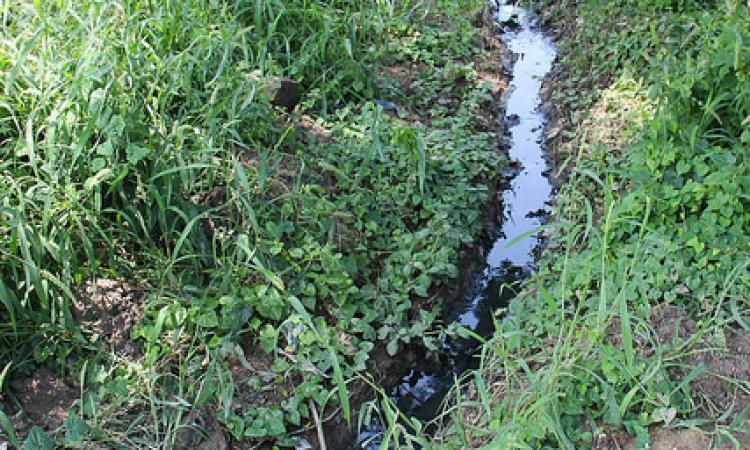
Over the years, the increasing population and urbanisation have meant growing shortage of land for disposal of domestic greywater, indiscriminate cutting down of forests for biomass production and lesser availability of water for irrigation. Indian researchers have found a one shot solution that can not only address all these three concerns but also generate more income for farmers.
A study conducted jointly by researchers at G.B. Pant University of Agriculture and Technology, Pantnagar, Gautam Buddha University in Noida and Indian Soil and Water Conservation Institute, Dehradun has shown that eucalyptus, poplar, white willow and chinaberry trees grow better with domestic greywater than with ground water.
The study found that the dry biomass produced was as much as 321 percent more in the case of chinaberry, 274 percent more in the case of white willow, 143 percent more in eucalyptus and 54 percent more in poplar. The trees grew faster and yielded better quality timber.
The soil of the experimental site was sandy loam in texture and slightly acidic. The greywater used for the experiment came from the bathrooms and kitchens of two residential colonies of the university in Pantnagar, having a population of approximately 5000. The control plot was irrigated with water from a shallow borewell.
The scientists found that biomass, calorific value and nitrogen content were higher for trees grown with greywater. In a report on their study published in the latest issue of Current Science, researchers say, “The positive impact on the growth of plants irrigated with greywater could probably be due to optimum loads of nutrients and organic matter present in it.”
While the freshwater-irrigated plot is expected to give returns of Rs 54 lakh by the end of the experiment after five years, the greywater-irrigated plot is expected to fetch Rs 68 lakh. This means the use of greywater is expected to earn an extra income of Rs 14 lakh. This does not take into account the savings from avoiding the setting up of systems for disposal of the greywater and also the environmental benefits that arise out of avoiding cutting down of forests for firewood timber and other purposes.
The research team included R.K. Shrivastava of G.B.Pant University of Agriculture and Technology, Asha Pandey of Gautam Buddha University, and Rajesh Kaushal of Indian Institute of Soil and Water Conservation. (India Science Wire)
Follow the author on Twitter @usm_1984